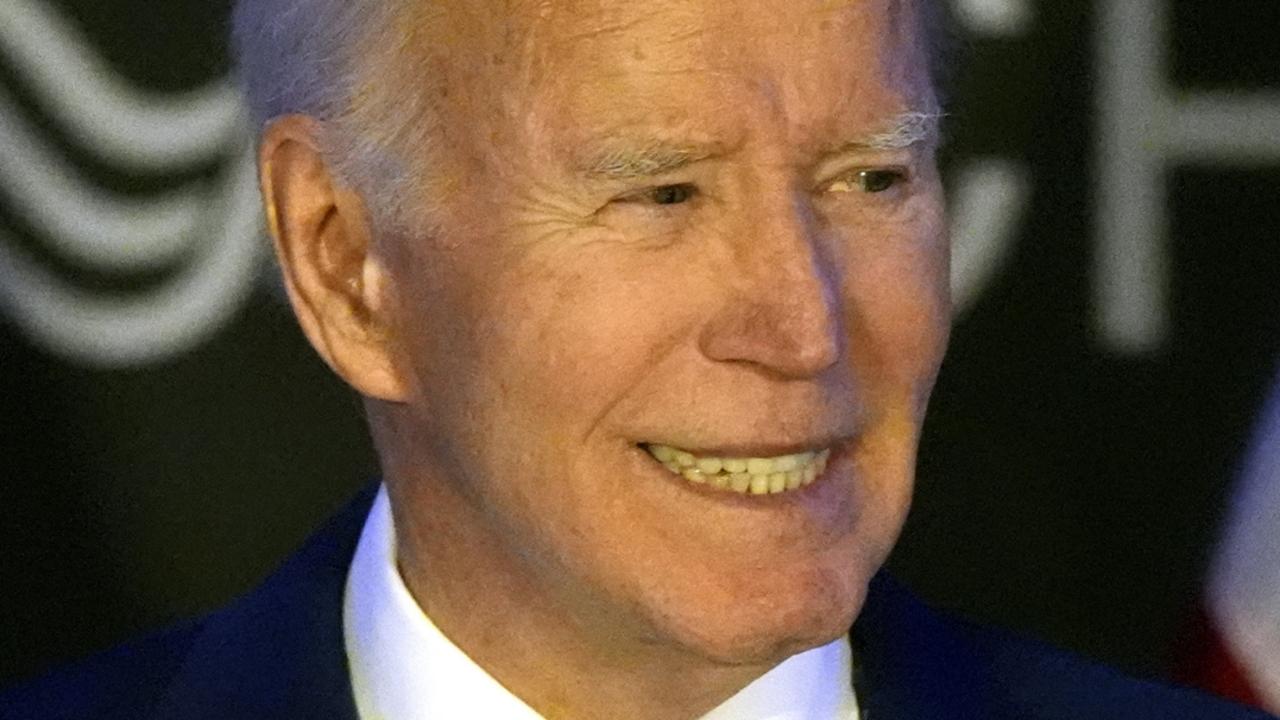Opinion: Republicans should have fired Donald Trump in 2020
By refusing to accept the 2020 election result and instead fuelling the January 6 insurrection, Republicans should have told Donald Trump “you’re fired”.
World
Don't miss out on the headlines from World. Followed categories will be added to My News.
Opinion: You’re fired. That’s what Republicans should have said two years ago to Donald Trump, the former host of The Apprentice, when he was convincingly defeated by Joe Biden.
Politics is a business of numbers and in the 2020 presidential election, Trump failed to make them add up. By refusing to accept that and instead fuelling the January 6 insurrection, Trump gave his party more than enough reasons to show him the door.
It need not have been controversial. Ex-presidents have rarely played an ongoing role in party politics. But Trump would not let go of the Republicans, and despite some hollow rebukes from party leaders in the wake of the Capitol riot, the feeling was mostly mutual.
A direct line can be drawn between that decision and the failure of the Republicans to drown Joe Biden’s Democrats in a red wave in this week’s midterm elections. If that underwhelming result is not enough for the Republicans to finally stand up to Trump and send him packing, then it is plain to see where that line will end at the next presidential election in 2024.

The midterms have rarely gone well for first-term presidents. Trump suffered a net loss of 42 seats in the House of Representatives; Barack Obama lost 64; Bill Clinton lost 54.
Biden, saddled by a combination of dire approval ratings and inflation at 40-year highs, was tipped to face a similarly heavy defeat. The fact he has avoided that – even though the Democrats will likely lose control of the House – will feel like a victory for him and his party.
Biden should not get ahead of himself. In today’s divided United States, there are fewer swinging voters to trigger huge waves in the first place, not to mention fewer swinging seats because of rampant partisan moves to redraw electoral boundaries.
By controlling the House, even with a thin majority, the Republicans will still be able to block Biden’s legislative agenda and unleash potentially damaging congressional investigations.
This political chaos is not necessarily bad news for Australia. Both parties have a shared interest in countering the threat posed by China, and the Republicans are expected to use their expanded influence to push for increased defence spending and support for Taiwan.

But the Republicans rightly expected to produce more than a ripple. In the Senate – where Trump backed questionable candidates in battleground states and was then miserly with financial support for their campaigns – the Democrats could still retain control after flipping Pennsylvania by defeating Trump’s TV doctor Mehmet Oz.
The result will come down to a run-off election in Georgia next month, where the Republicans will have to rely on Trump’s pick Herschel Walker, a scandal-plagued football star who opposed abortion rights despite reportedly paying two women to have abortions.
The biggest bright spot for the Republicans came in Florida, where Ron DeSantis romped home as the governor in what has typically been a swing state.
His victory confirms him as the top non-Trump contender for the Republican presidential nomination in 2024, a status solidified on election day by Trump threatening that if DeSantis ran for the White House, he would “tell you things about him that won’t be very flattering”.
In the final days of the campaign, Trump repeatedly hinted at plans for a third presidential run, promising a “very big announcement” on November 15. It is unlikely he could be talked out of that now, given the embarrassment that would cause him.
But his approval ratings are worse than Biden’s, and in the midterms, Americans clearly voted to move on from Trump. Will the Republican Party do the same?





